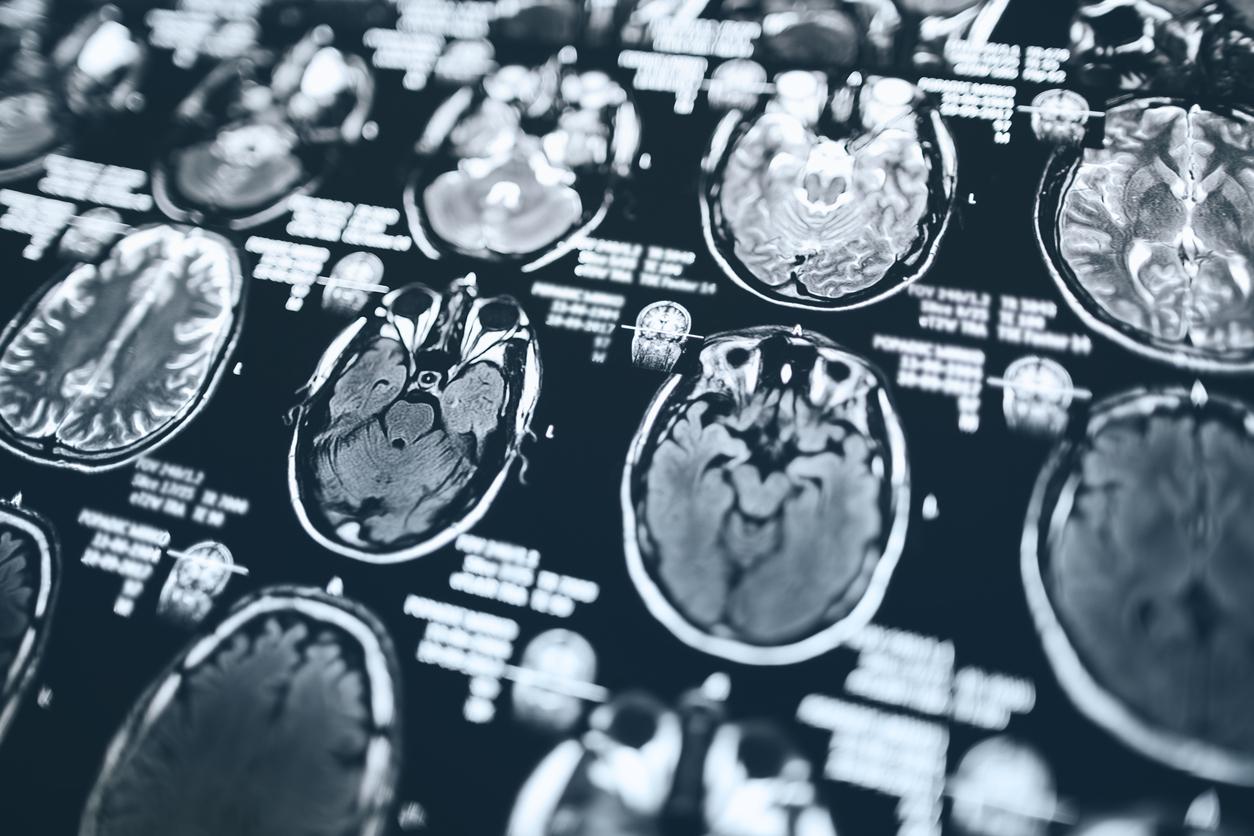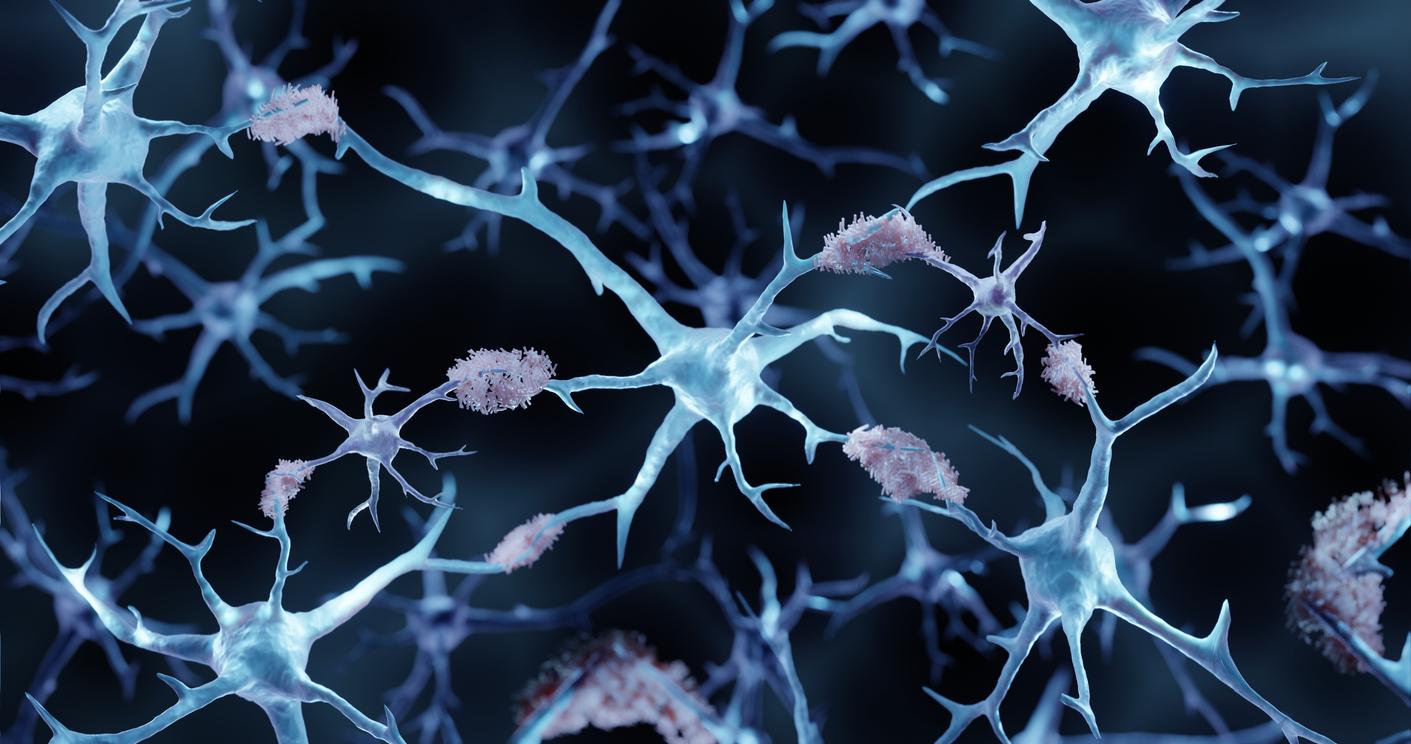The risks of having Alzheimer’s disease are higher if your mother developed this neurodegenerative pathology.

- A study shows that a mother’s history of Alzheimer’s disease increases the risk of developing the disease.
- Volunteers whose mothers had Alzheimer’s disease had higher levels of amyloid, a biomarker of the disease.
- Thus, taking into account parental history, particularly that of the mother, could be important in identifying adults at increased risk, the authors say.
Researchers at Mass General Brigham say patients should be asked about their parental history of Alzheimer’s disease to identify those at increased risk of developing the neurodegenerative disorder. According to their work, published in the journal JAMA NeurologyAlzheimer’s disease in the mother increases the risk of developing the pathology.
Alzheimer’s: High Amyloid Levels Linked to Mother’s History
To assess the role of family history in Alzheimer’s disease, the researchers recruited 4,400 adults aged 65 to 85 who were cognitively healthy at the start of the study. The volunteers were asked about the onset of symptoms of memory loss and Alzheimer’s disease diagnosis in their parents. At the same time, the team measured their levels of amyloid, a biomarker of the disorder.
“Our study found that if participants had a family history on their mother’s side, higher amyloid levels were observed.”explains corresponding author and neurologist Dr. Hyun-Sik Yang in a communicated.
High levels of amyloid were also seen in people with a history of the disease on both sides of their family and in those whose fathers had early symptoms.
“If your father had early symptoms, that’s linked to high levels in his offspring. However, it doesn’t matter when your mother started developing symptoms: if she did, that’s associated with high amyloid levels.”says first author Mabel Seto.

Dementia: Study family history to assess risk
“It’s really interesting from a genetic point of view to see one sex bring something that the other sex doesn’t bring.”notes Dr. Mabel Seto. For the scientist and her team, their discovery shows that maternal history of Alzheimer’s disease can be an important factor in identifying asymptomatic individuals and improving prevention and diagnosis of the disorder.
However, more research is still needed. The team plans to expand the study to look at other groups and determine how parental background affects cognitive decline or why maternal DNA plays a role.

















